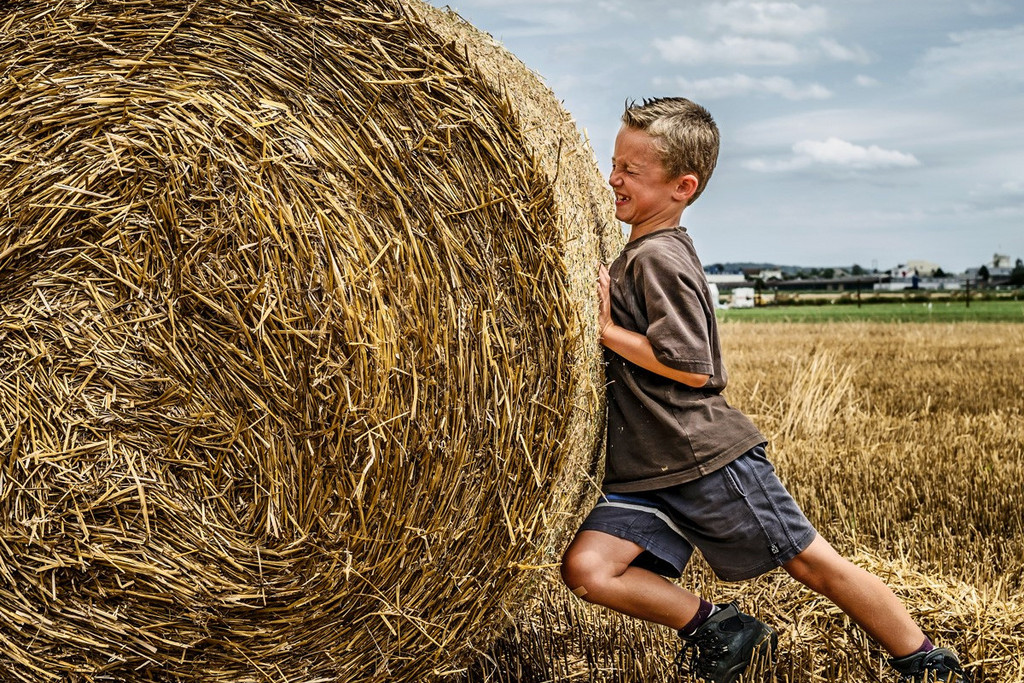
Small change

Shock and awe

How do you paint what isn’t there?

Cliff edge

The day the snow returned

Direct democracy

Cycling through Jura


A friend recently told me what would happen if Switzerland were to be levelled into a single plateau. Let that sink in for a moment. If we bulldozed all our mountains, filled in the valleys and distributed the earth and rubble evenly across the entire country, the whole of Switzerland would sit around 1,300 metres above sea level. The fun would really start if our neighbouring countries did the same thing.

For the nerds out there: there is a very detailed “List of countries by average elevation” on Wikipedia, according to which Germany would have a continuous altitude of under 300 metres. France would be just under 400, Italy over 500, Austria over 900 and Liechtenstein over 1,100. With every country in Europe flattened, Switzerland’s border would be like the edge of a towering cliff. We would be the new sheriff in town. A vertical 1,000-metre cliff would separate us from our northern neighbours.
Why this mental image? We all know that Switzerland’s border is just a line on the map. You can often walk over it without knowing, let alone falling off a cliff. If you hike in the Jura mountains, you sometimes don’t know which country you are in.
Nevertheless, the next few months will see Switzerland arguing whether its cliff edge is real or not. After a seemingly interminable series of negotiations, we now know the outlines of how Switzerland and the European Union want to cement and maintain relations in future. The stakes are high, affecting the everyday lives of people who have got used to open borders and the principle of free movement. Affecting students, trade, goods supplies, energy, and of course that old chestnut, immigration. It is time to get specific on how much of a relationship Switzerland wants with the EU without becoming an EU member itself. Read about it in our lead article.
The Swiss Abroad will also have decisions to make when they elect the people to represent them on the Council of the Swiss Abroad (CSA), the de facto “Parliament of the Fifth Switzerland”, for another term. Many will be able to elect their local delegates directly via e-voting for the first time. This will make the CSA more representative, giving delegates greater legitimacy to defend the interests of the “Fifth Switzerland”.
List of countries by average elevation: www.revue.link/cliff

Comments
Comments :
Bonjour,
Bravo à Marc LETTAU pour l’éditorial «Hautes falaises» de la «Revue Suisse» d'avril 2025. En effet la Suisse est au milieu de l'Europe, donc elle est européenne! Vouloir perpétuer des «falaises infranchissables» entre la Suisse et l’Union européenne est un non-sens absolu. Je suis scandalisé par le commentaire de Magdalena Martullo-Blocher (p.7): «L’accord avec l’UE est un accord de soumission pour la Suisse…» C’est fondamentalement faux! Un accord, par définition, est «une entente, une harmonisation entre des personnes» (dictionnaire Larousse), voire des Etats, bref une transaction gagnante-gagnante. De plus, traiter l’Europe de structure déséquilibrée et vacillante est une offense majeure vis-à-vis de nos proches voisins.
Non mais, est-ce que, en Suisse, les institutions sont-elles équilibrées? Est-ce normal que les millionnaires payent le même montant pour les cotisations maladies que ceux qui ont un faible revenu et aujourd’hui les petits revenus sont plutôt à la traîne. Question nourriture, la Suisse est incapable de nourrir sa population sans l’aide de l'Europe. Que ferions-nous si l'UE bloquait la frontière aux importations de céréales? Notre principal partenaire, ce n’est pas l'Indonésie, la Corée ou la Thaïlande, c’est l'Europe !
Avec mes respectueuses salutations, Jean-Claude Hermenjat
Ein amüsant anregender Artikel. Intellektuelle Akrobatik im Bereich philosophischer Wirklichkeit. Bravo!